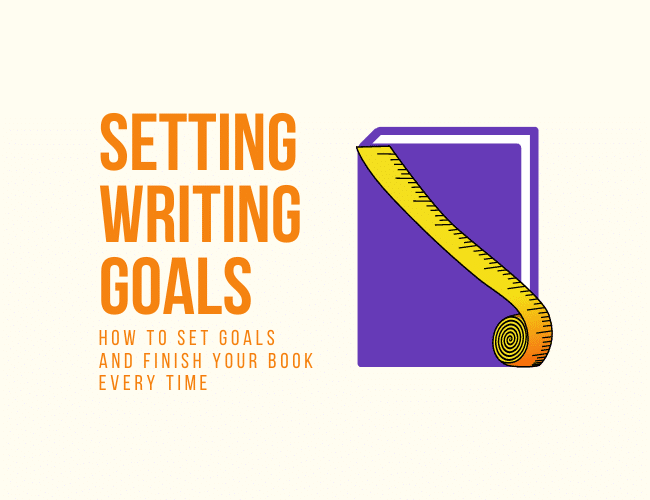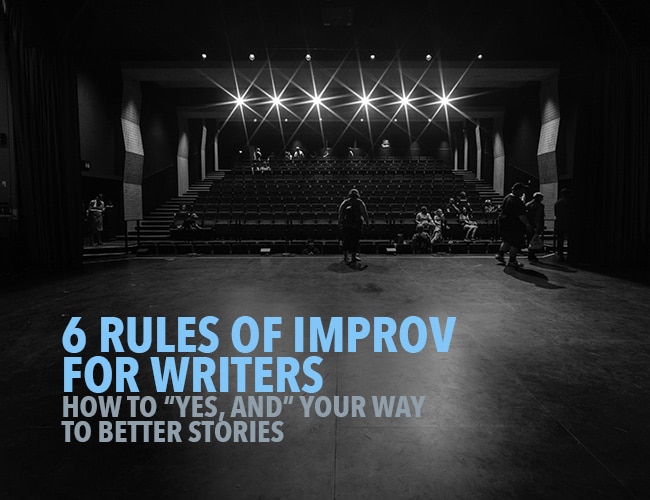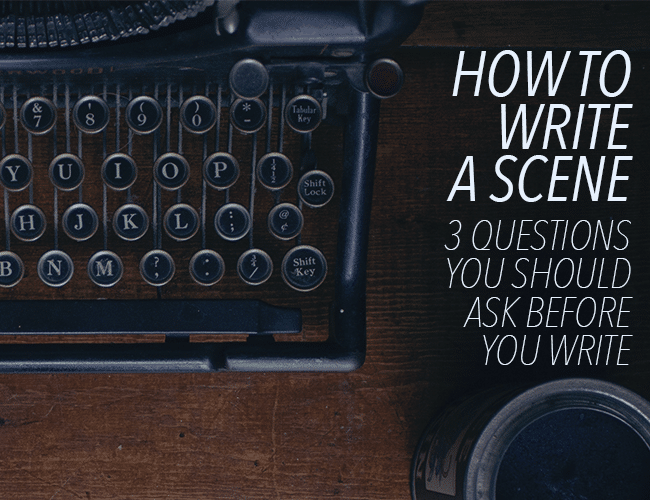
by J. D. Edwin |
Have you ever had a great book idea, or started a story but failed to finish it? Did you try setting writing goals to finish your story, but couldn’t keep up with your giant ambitions?
Did failing to meet your writing goals end in your giving up?
Goal setting is not as straightforward as it seems. Bad goals reinforce bad habits. If you want to become a writer and finish your writing projects, you need to set goals that you can meet—while also pushing you to complete your writing projects.
In this article, you will learn the two types of goals every writer can set and accomplish. You’ll also learn four major reasons every writer needs to actually finish their writing projects—along with tips on how to do this.

by Joslyn Chase |
Do you want to learn how to use Scrivener?
If you’ve ever felt like a scene doesn’t work in your manuscript, you can use elements of a scene and the book writing software Scrivener, a great tool for writers, to improve your writing project.
The scene is the fundamental unit of story. It’s what drives the story forward, instilling purpose, drama, and emotion.
It’s critical to understand the elements that make it effective and know how to employ them.
In this article, that’s what we’ll examine—what a scene is and how to write an effective one. You’ll also learn how to use an organizational tool, Scrivener, to do this better.

by Joslyn Chase |
Have you ever faced this kind of issue? You have a scene goal in mind, you know the characters involved, where they are and what they want, but HOW does the scene play out? What exactly happens to bring the characters from Point A to Point B in the story?
That’s when the power of improv might come in handy.

by Sue Weems |
Great fiction is built around tension. The bad news is, we experience tension in our own lives every day. The good news is, it’s great fuel for our stories. The question is, how do you create that experience for your readers by building tension in your scenes?

by Sue Weems |
Sometimes I get stuck wondering how to write a scene during a first draft. Or maybe I can’t figure out how to revise a story to make it better. Sometimes I wonder if I am ever going to make any progress in my fiction and life. (Please tell me I’m not alone!)
I’ve been revising this summer, and it’s taking longer than I’d like. I keep returning to the basics of good storytelling to evaluate my scenes, and yesterday, it occurred to me that there are three questions I can ask to clarify almost any scene. Coincidentally, they are the same three questions I usually ask myself to tackle almost any life problem.







